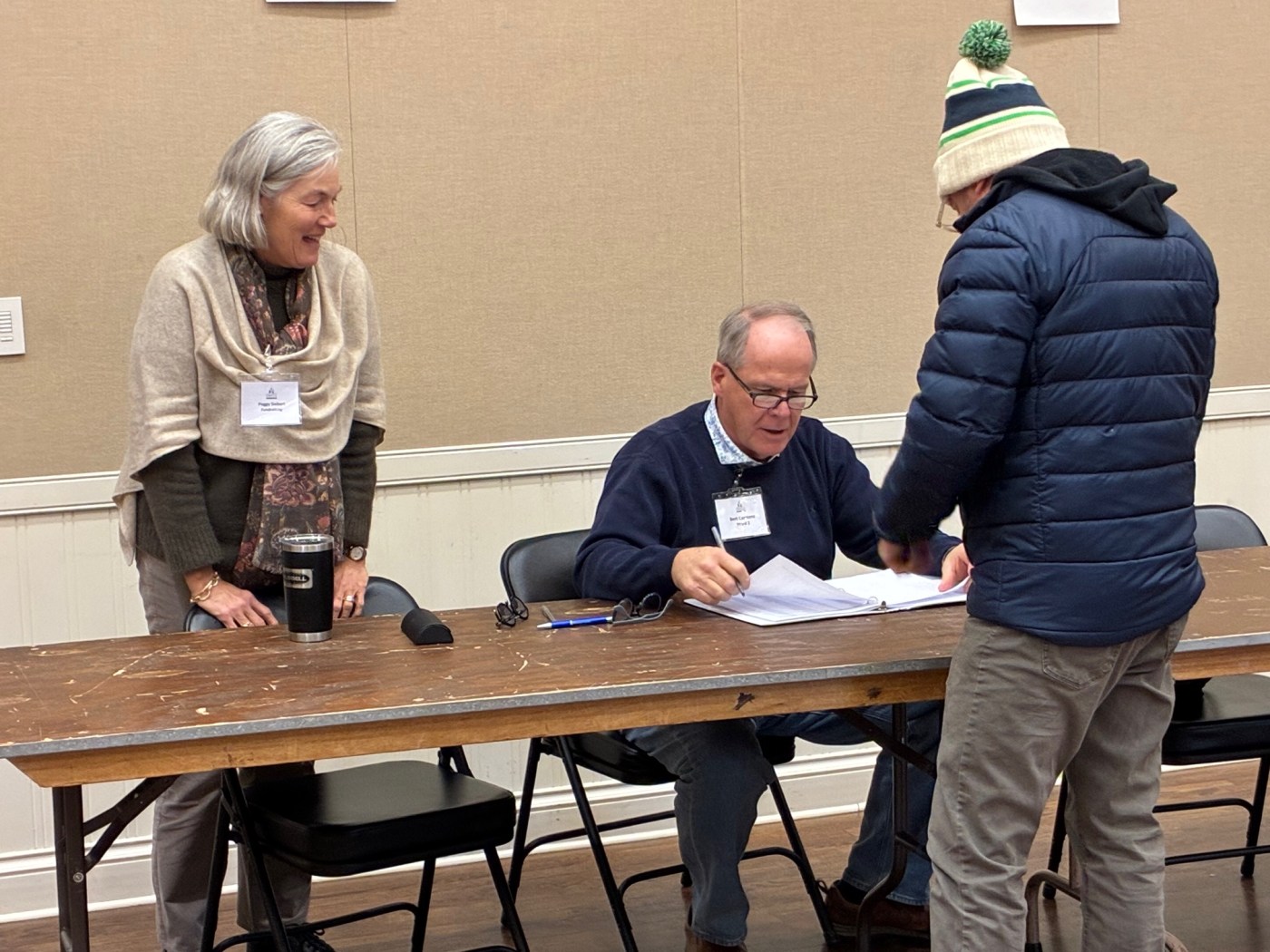The Arizona Republican Party is challenging a two-decade-old law that permits non-residents to vote in state elections. During a court hearing in Phoenix on Monday, attorney Kory Langhofer argued for the law’s invalidation, asserting that it undermines the integrity of the electoral process. This law, which was enacted in 2003 and received unanimous approval from the Republican-controlled Legislature, allows certain individuals who have never lived in Arizona to participate in elections.
Langhofer acknowledged the legal foundation of the law, noting that it aligns with the Uniform Overseas Citizen Absentee Voting Act. This federal law enables Arizona residents to vote while residing outside the country. He emphasized the Republican Party’s position that non-resident voting poses a risk to electoral fairness, a sentiment echoed by several party officials.
The case has sparked considerable debate within the state, as it raises questions about voting rights and the definition of residency. Critics of the current law argue that it provides essential voting opportunities for Arizonans living abroad, particularly military personnel and expatriates.
In the hearing, Langhofer’s arguments centered on the belief that allowing non-residents to vote dilutes the voices of actual Arizona residents. He called for a reevaluation of the statute, suggesting that it no longer reflects the values of the state’s current electorate.
As the legal proceedings continue, the implications of this case could extend beyond Arizona. A ruling in favor of the Republican Party could set a precedent affecting similar laws in other states, influencing how absentee voting is managed nationwide.
The outcome of this legal challenge is likely to be closely monitored, with both supporters and opponents of the law preparing for a potential shift in Arizona’s electoral landscape. Observers are awaiting the judge’s decision, which could come as early as next month, further shaping the discourse around voting rights and residency in the United States.







